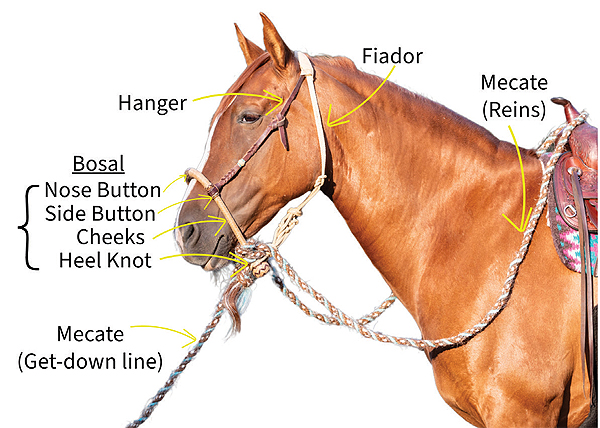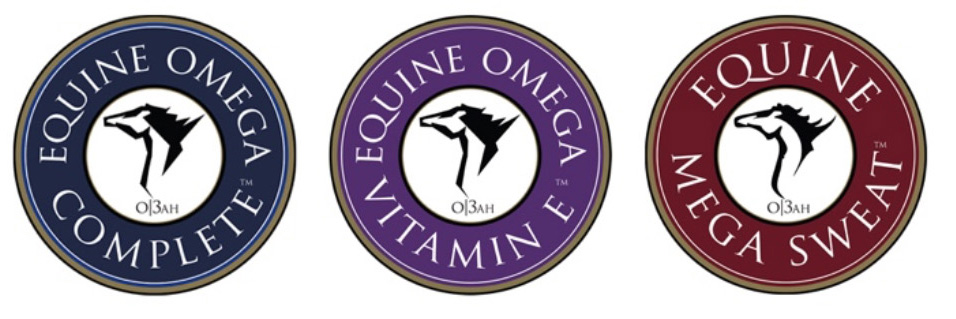Palm Equestrian Academy’s Virtual Training Prepares Riders for Fall Championship Shows and Winter Riding
September 3, 2025 Comments Off on Palm Equestrian Academy’s Virtual Training Prepares Riders for Fall Championship Shows and Winter Riding
As summer comes to a close and Fall Championship Shows, along with indoor winter riding approach, Palm Equestrian Academy team of Lynn Palm and Cyril Pittion-Rossillon encourages show ring and recreational riders to submit video for critique to improve their scores and skills or schedule live lessons. The advice of Palm and Pittion-Rossillon is invaluable […]
Continue reading …New Research Study Reveals Possibilities for Promoting Healing and Modulating Inflammation
September 2, 2025 Comments Off on New Research Study Reveals Possibilities for Promoting Healing and Modulating Inflammation
PARSIPPANY, N.J. August 27, 2025 – Zoetis Inc. today announced findings from new research conducted by the University of Pennsylvania New Bolton Center. The study1 compared quantities of alpha-2-macroglobulin (A2M); immunomodulatory cytokines, including IL-1β, IL-1Ra, IL-4, IL-6, IL-10, IL-17a, and TNF-α; and the growth factor TGF-β1 in the outputs of four commercially available orthobiologics: Pro-Stride APS, Restigen PRP, Alpha2EQ […]
Continue reading …Recovery: The Hidden Key to Lasting Performance in Horses and Humans
August 28, 2025 Comments Off on Recovery: The Hidden Key to Lasting Performance in Horses and Humans
By Dr. Jillian Johnson, DC, CA, Farmhouse Chiropractic: When we think of performance—whether in the show ring, on the field, or even in daily life—the focus often lands on hard work, training, and practice. But behind every elite performance lies something far less celebrated and far more essential: recovery. In both humans and horses, recovery is […]
Continue reading …Types of Bitless Bridles: Traditional Hackamore
August 27, 2025 Comments Off on Types of Bitless Bridles: Traditional Hackamore
An Exclusive Excerpt from Soft, Round & Bitless: How to Train or Transition Your Horse for Competition and Pleasure by Ali Kermeen TRADITIONAL HACKAMORE Good For: Refined Communication Not Ideal For: English Aesthetic The traditional Western hackamore is my favorite bitless bridle. It is what I have studied the most, and a great place to […]
Continue reading …Big Sky, Montana Clinic with Renowned Trainer & Clinician Dana Hokana
August 23, 2025 Comments Off on Big Sky, Montana Clinic with Renowned Trainer & Clinician Dana Hokana
DATES ANNOUNCED BIG SKY, MONTANA is one of Dana’s favorite clinics This is what we like to call – a life changing clinic at a destination place. This is a very personalized one on one time, where Dana can really help you and your horse! She takes a limited amount of horse and rider teams […]
Continue reading …USDA Announces Sweeping Plans to Protect the United States from New World Screwworm
August 19, 2025 Comments Off on USDA Announces Sweeping Plans to Protect the United States from New World Screwworm
(Austin, TX, August 15, 2025) – U.S. Secretary of Agriculture Brooke L. Rollins today at the Texas State Capitol alongside Governor Greg Abbott and stakeholders from across the country announced the largest initiative yet in the U.S. Department of Agriculture’s (USDA) plan to combat the New World Screwworm (NWS). This announcement builds upon USDA’s five-pronged plan issued in […]
Continue reading …MSU Extension offers two Emergency Response to Accidents Involving Livestock (ERAIL) trainings in the Upper Peninsula
August 16, 2025 Comments Off on MSU Extension offers two Emergency Response to Accidents Involving Livestock (ERAIL) trainings in the Upper Peninsula
By Thomas Guthrie and Michael Metzger, Michigan State University Extension – August 07, 2025 Equipment for safely extricating livestock from trucks/trailers and containing animals after transport accidents will be shown in the first in-person training. Euthanasia training covers identifying compromised animals and humane euthanasia. Responding to accidents is never an easy task. Responding to an accident that involves large trucks, […]
Continue reading …Vitamin E: The Antioxidant Powerhouse for Performance and Recovery
August 12, 2025 Comments Off on Vitamin E: The Antioxidant Powerhouse for Performance and Recovery
Equine Omega Complete contains 1,297 iu’s of all-natural Vitamin E per daily dose of 4 oz. Equine Omega Vitamin E contains 10,000 iu’s of all-natural Vitamin E per daily dose of 4 oz. These patented products are complete essential fatty acid (omega) supplements. Vitamin E plays a vital role in equine health, no matter […]
Continue reading …10 Tips for Caring for the Older Horse
July 25, 2025 Comments Off on 10 Tips for Caring for the Older Horse
Advances in nutrition, management and health care are helping, horses are living longer, more useful lives. It’s not uncommon to find horses and ponies living well into their 20s and 30s. While genetics play a role in determining life span, you too, can have an impact. You may think that turning your old-timer out to […]
Continue reading …Off-the-Shelf Stem Cells Safe, Effective for Synovitis in Horses
July 17, 2025 Comments Off on Off-the-Shelf Stem Cells Safe, Effective for Synovitis in Horses
By Kentucky Equine Research Staff, June 9, 2025: Synovitis, or inflammation of the synovial lining of a joint, threatens a horse’s joint health, as it can progress to osteoarthritis if left unchecked. Orthobiologics such as stem cell therapy show great promise for treating synovitis. A stem cell product containing umbilical cord derived mesenchymal stem cells (MSCs) was recently studied in […]
Continue reading …







